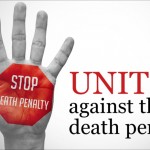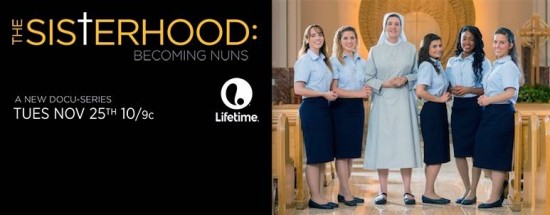I’ve written two posts worth of thoughts on the idea of an authentically Christian left-wing political movement, and they’ve mostly consisted of cautions and warnings – obstacles to be overcome, temptations to be avoided.
That may run the risk of under-emphasising how glad I am that people are thinking about such a movement, and indeed, how glad I am that it’s possible for people of all political stripes to unabashedly talk, in mainstream media outlets, about being inspired, not just by the challenge of the Gospel, but by the particular challenges of a particular Church.
The experience of the Moral Majority/Focus on the Family Christian Right shows the dangers of over-politicizing Christianity, of turning the Church into another party in the culture wars. But what’s happening now is something different.
It’s fantastic to have such a diverse bunch of people as Elizabeth Bruenig, Ross Douthat, Rod Dreher, Ramesh Ponnuru, Clare Coffey, Michael Sean Winters, Pascal-Emmanuel Gobry*, Leah Libresco, Alan Jacobs and others, discussing and debating about what Christianity demands of our actions in public life, but sharing the conviction that it demands something, that Christianity cannot simply be hermetically sealed from your ideological convictions and political philosophy.
And it’s fantastic that in the modern-day United States, where the discourse in many areas grows increasingly shallow and angry, Christians can and do regularly engage in fruitful debate with the rest of the culture – debates that plunge far below the surface of things. Last year I followed with fascination a blogathon about extreme pornography and the limits of consent as the sole principle of sexual ethics that featured Rod Dreher, the Week’s Damon Linker, PEG, the Atlantic’s Conor Friedersdorf, Catholic blogger Erin Manning, and The American Conservative’s Noah Millman. Jacobs cited poetry from Sharon Olds; Gobry and Friedersdorf debated casual sex through the lens of Kantian ethics. I Storified it, emailed it around, and ruefully concluded that it could never happen in Ireland.
This isn’t to knock my country – we’re small, yes, and we’re very good for our size at discussing other matters in depth, and we have plenty of talent. But, for whatever reason (perhaps the relatively recent dominance of a Jansenist-flavoured version of Catholicism in public life, and the ensuing backlash), our debates on faith in public life tend to be simplistic and boring, and there are few forums that facilitate proper, deep-dive conversation on such issues.
A cynic might say that more interesting political discourse arises in response to more significant political problems (Bruenig would copy Ireland’s child benefit system almost as fast as Douthat would take our abortion laws), and I’m under no illusions about the way the wind is blowing for Christianity in the United States.
But if small-o orthodox Christianity in America is merely fighting Tolkien’s “long defeat”, you are, to my mind, making rather a good job of it.
At a time when our brothers and sisters in the Middle East are facing exile or obliteration, talking and writing can sometimes seem unimportant and ineffectual. But it’s talking and writing that inspire action, and it is through talking and writing, as well as holiness and beauty, that the Good News spreads and has always spread.
There are important discussions happening right now about Christianity’s intersection with politics, economics, culture, and the arts; discussions happening at First Things and Ethika Politica and Patheos and The Week and in the blogosphere generally; discussions that, I think, will influence and inspire people in unforeseen ways long past the 24-hour news cycle. I know they’ve inspired me.
* Yes, I know PEG is French. I think he’s earned honorary citizenship at this point.











